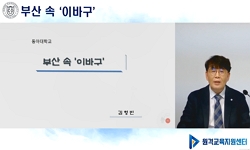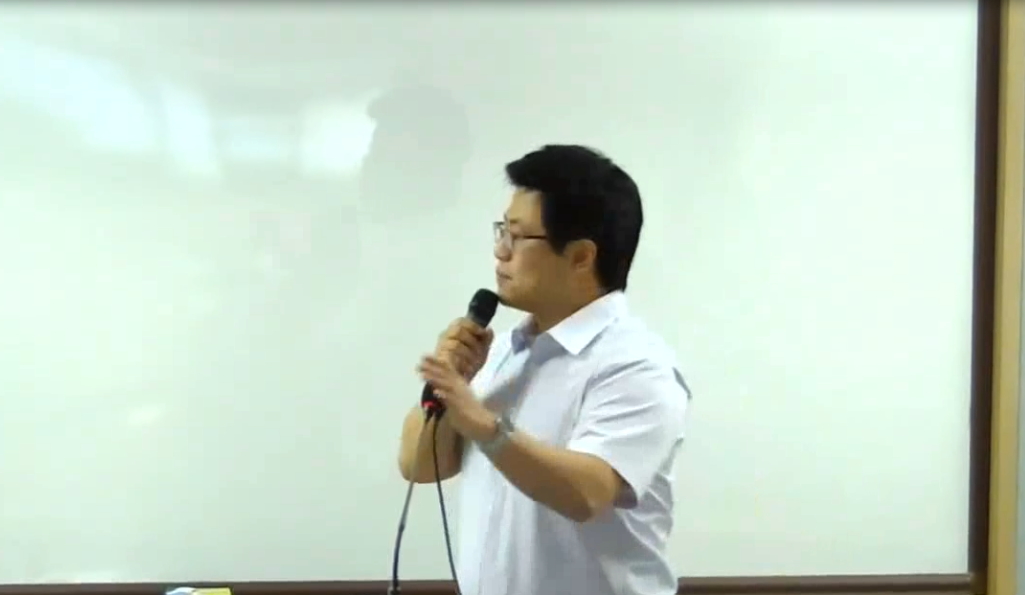본 연구의 목적은 산재되어 형성된 쪽방에 거주하는 이들의 삶을 이해하는 것이다. 이를 위해 대표적인 분산형 쪽방지역으로 알려진 부산광역시의 쪽방거주자를 대상으로 인터뷰와 참여관...
http://chineseinput.net/에서 pinyin(병음)방식으로 중국어를 변환할 수 있습니다.
변환된 중국어를 복사하여 사용하시면 됩니다.
- 中文 을 입력하시려면 zhongwen을 입력하시고 space를누르시면됩니다.
- 北京 을 입력하시려면 beijing을 입력하시고 space를 누르시면 됩니다.

쪽방거주자의 삶에 대한 질적 연구 = Qualitative Study on the Lives of the Zzock-bang Residents - Focusing on Scatted type of Zzock-bang in Busan
한글로보기https://www.riss.kr/link?id=A101497337
- 저자
- 발행기관
- 학술지명
- 권호사항
-
발행연도
2015
-
작성언어
-
-
주제어
쪽방 ; 분산 ; 부산 ; 질적 연구 ; 생활 ; Zzock-bang ; Busan ; Scatted type ; Qualitative Study
-
KDC
300
-
등재정보
KCI등재
-
자료형태
학술저널
- 발행기관 URL
-
수록면
405-438(34쪽)
- DOI식별코드
- 제공처
-
0
상세조회 -
0
다운로드
부가정보
국문 초록 (Abstract)
본 연구의 목적은 산재되어 형성된 쪽방에 거주하는 이들의 삶을 이해하는 것이다. 이를 위해 대표적인 분산형 쪽방지역으로 알려진 부산광역시의 쪽방거주자를 대상으로 인터뷰와 참여관찰을 통해 자료를 수집·분석하였다. 연구결과, 정보제공자들은 생계유지를 위한 ‘절약’과 ‘시간 때우기’가 가능한 장소를 찾아 전전하고 있다. 무위(無爲)한 일상을 “시간을 때우며” 보내고 있다고는 하지만, 그저 단순히 시간을 때우는 것이 아닌, 목적이 있는, 나름의 생활전략을 가지고 필요한 곳에서 시간을 보내고 있다. 둘째, 이들은 자신들의 거주지를 쪽방 밀집지역과 같은 쪽방촌, 쪽방지역이라는 인식보다는 쪽방, 여인숙과 같이 살고 있는 건물로 인식하는 경향이 크며, 때문에 쪽방지역과 그 바깥 지역이라는 구분없이 생활에 필요한 곳을 중심으로 이동하고 있다. 하지만 이 장소 사이에는 비교적 규칙적인 생활권이 형성되어 있으며, 각각 이런 생활권은 마치 보이지 않는 개별적인 쪽방 지역을 형성하고 있는 것과 같다. 셋째, 이들은 ‘일하는 것’과 제도 및 복지자원의 활용에 있어서 내·외부의 엄격한 시선 속에 놓여있다. 즉, 근로능력이 없음에도 불구하고 일하지 않는 사람이라고 비난을 받기도 하며, 혹여 일을 할 수 있는 사람으로 보여질까, 그래서 기초생활보장수급에서 탈락되지는 않을까하는 불안 속에 살아가고 있다. 넷째, 이들은 쪽방으로 오는 과정에서 가족, 주거, 고용 및 사회로부터 배제되어 왔으며, 점차 스스로 누군가를 멀리하며 배제하고 있다. 마지막으로, 혼자 된 삶을 살아가고 있는 정보제공자들은 앞으로도 여전히 혼자인 삶을 걱정하고 있으며, 나름의 방법으로 그 삶을 준비하고 있다. 이러한 연구결과를 바탕으로 정책 및 실천에 대한 방향을 제언하였다.
다국어 초록 (Multilingual Abstract)
The purpose of this study is to understand the lives of the residents who are living in Zzock-bang that are developed throughout scattered spots. In order to do so, data were collected and analyzed through interview and participatory observation of Zz...
The purpose of this study is to understand the lives of the residents who are living in Zzock-bang that are developed throughout scattered spots. In order to do so, data were collected and analyzed through interview and participatory observation of Zzock-bang residents in Busan metropolitan city which is known as the typical Zzock-bang area with dispersal pattern. According to the findings, the research participants are striving to find a 「place」where they can ‘save money’ and ‘fill in time’. Although they are ‘filling in time’ in their meaningless routine, they don’t waste time just recklessly but spend time in a place they need with their own living strategies having certain goals. Second, they tend to regard their residence not as a ‘Jjok-bang village or Jjok-bang area’ where Jjok-bang households are densely located but as a ‘Jjok-bang or inn’, that is the ‘building to live in’; thus, they are moving to the place they need for living with no distinction between the Jjok-bang area and the outside area. Among the places, however, relatively regular spheres of living are formed, and each of these spheres seems to form an individual Jjok-bang area that is almost invisible. Third, they get a strict eye both internally and externally in ‘working’ or utilizing ‘institutional or welfare resources’. It means that even though they are not equipped with working capabilities, they are often criticized as ‘a person unwilling to work’, and they are anxious about the possibility that ‘they might seem a person who is capable of working’ and it deprives them of their subsidies for basic living. Fourth, in the process they enter Jjok-bang, they become excluded from their family, residence, employment, or society, and gradually, they, too, exclude themselves from somebody else. Lastly, the research participants who are living alone are still worried about their lonesome life in the future and preparing for it somehow in their own way. Based on the findings, this study suggests directions for policy and practice.
목차 (Table of Contents)
- 국문요약
- Ⅰ. 서론
- Ⅱ. 문헌연구
- Ⅲ. 연구방법
- Ⅳ. 연구결과
- 국문요약
- Ⅰ. 서론
- Ⅱ. 문헌연구
- Ⅲ. 연구방법
- Ⅳ. 연구결과
- Ⅴ. 결론 및 제언
- 참고문헌
- Abstract
동일학술지(권/호) 다른 논문
-
- 부경대학교 인문사회과학연구소
- 박산향
- 2015
- KCI등재
-
사회경제적 지위가 건강수준과 의료서비스 이용에 미치는 영향에 관한 연구
- 부경대학교 인문사회과학연구소
- 김도영(Gim Do young)
- 2015
- KCI등재
-
- 부경대학교 인문사회과학연구소
- 정수환(Jung Su hwan)
- 2015
- KCI등재
-
- 부경대학교 인문사회과학연구소
- 안윤숙(An Yun sook)
- 2015
- KCI등재





 KCI
KCI 스콜라
스콜라






